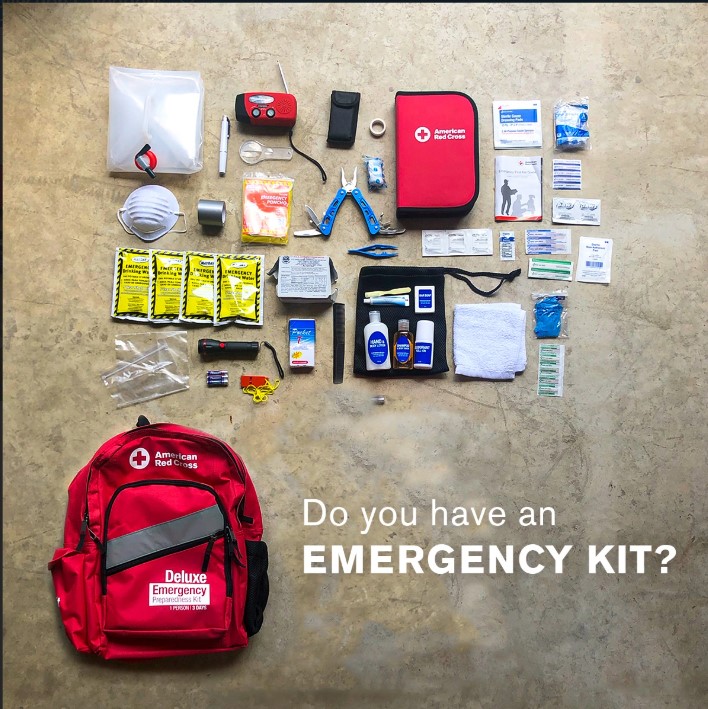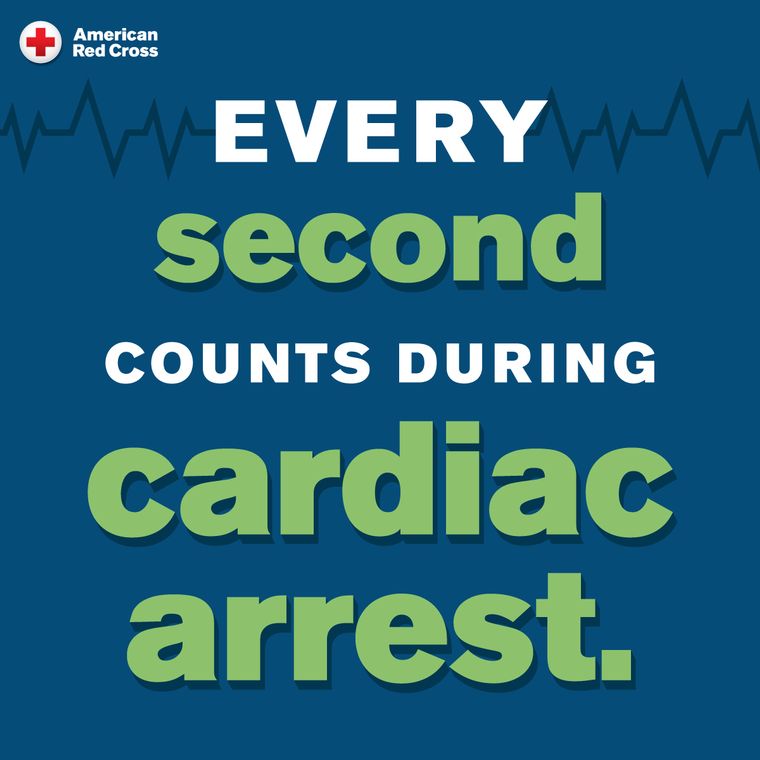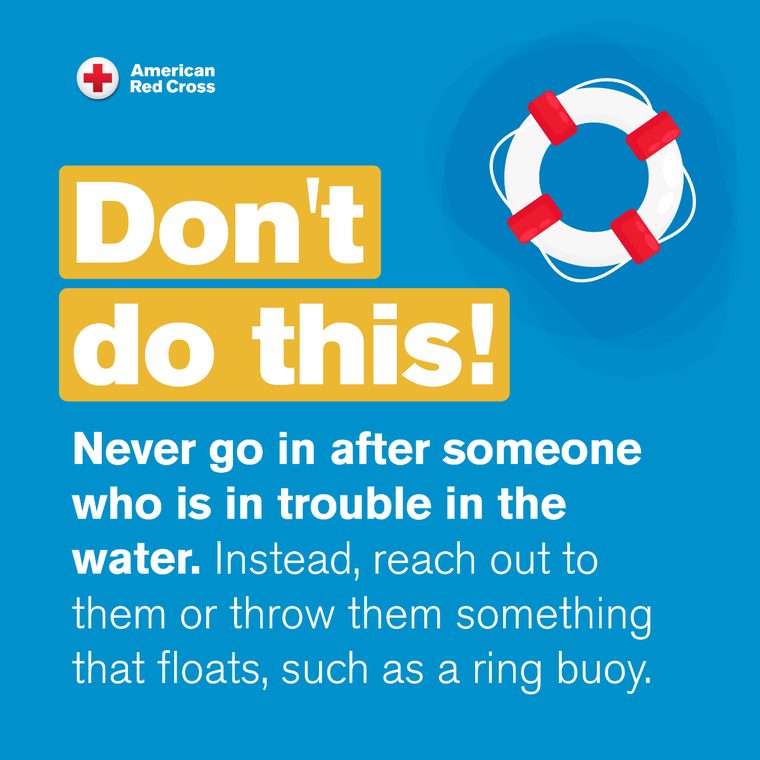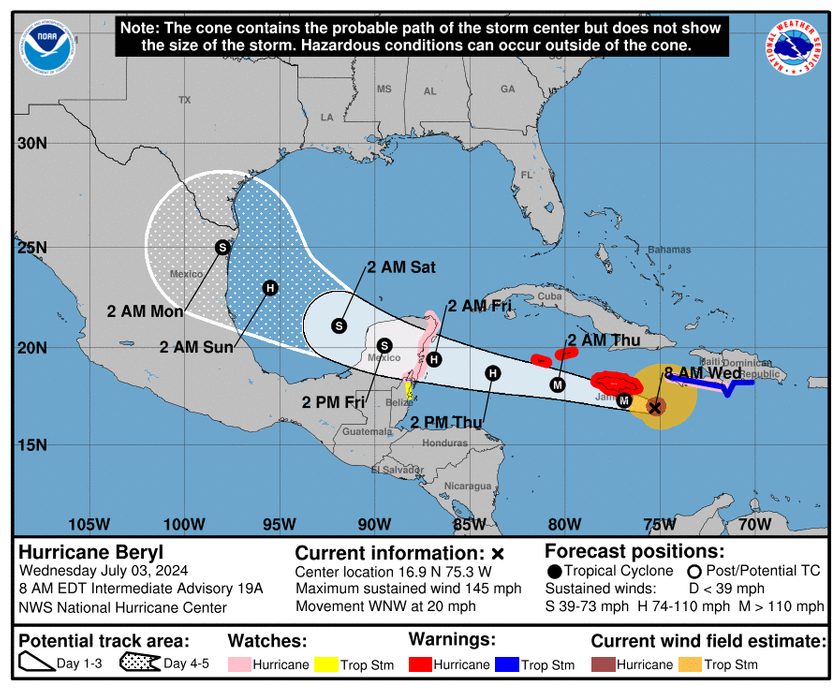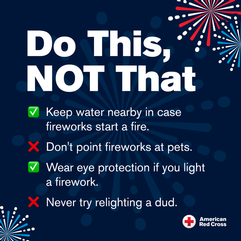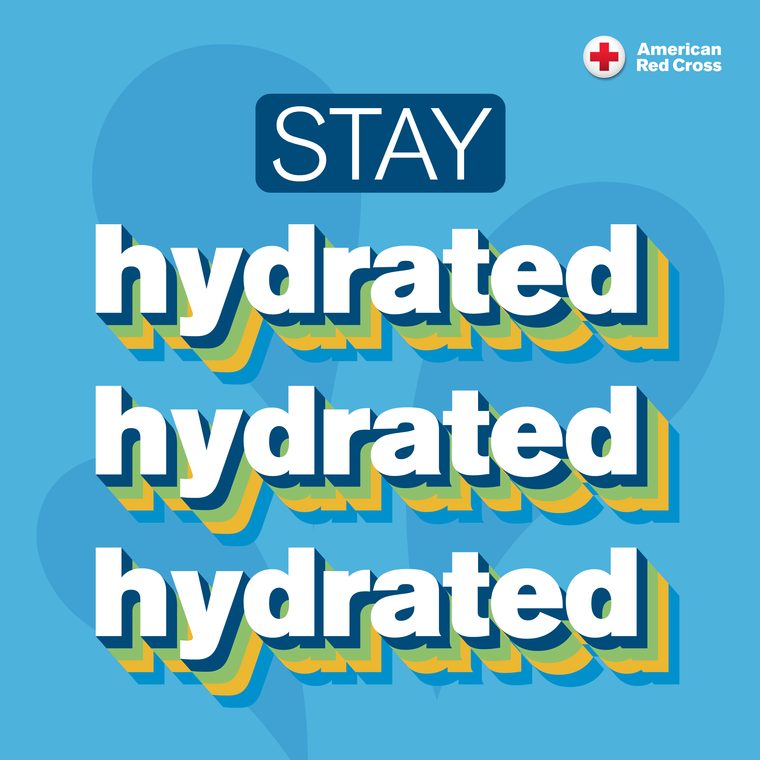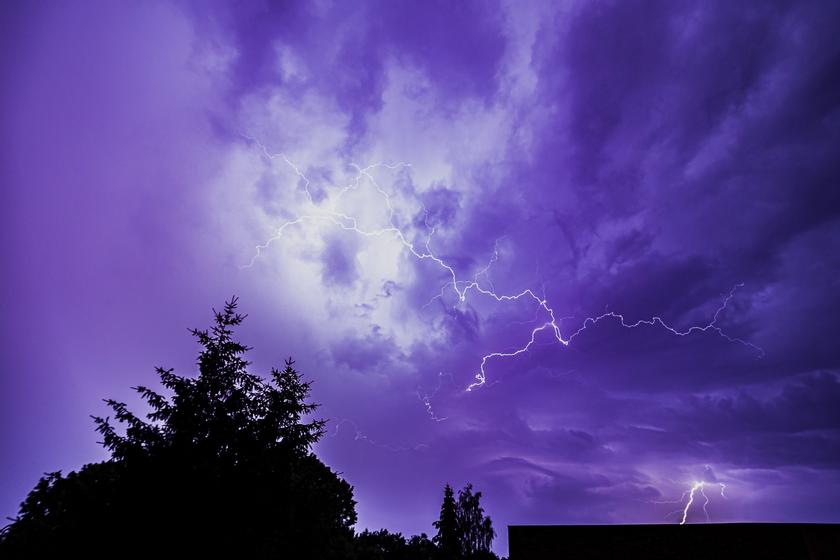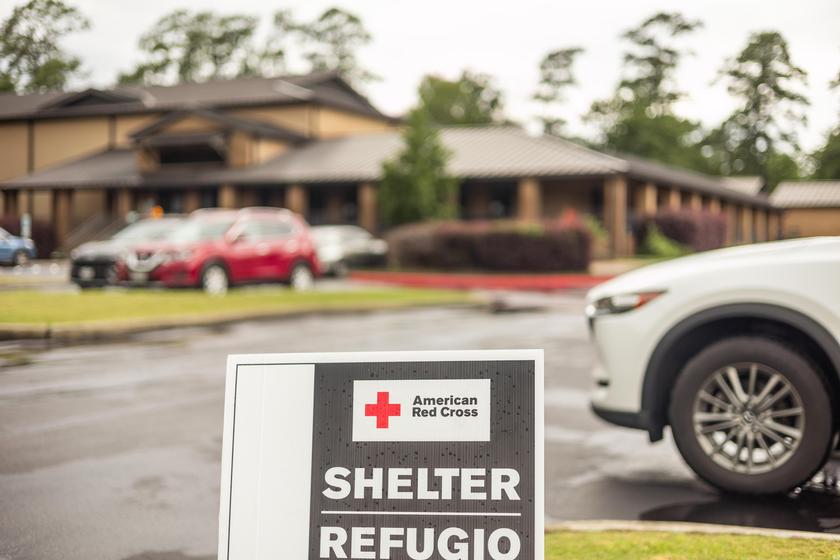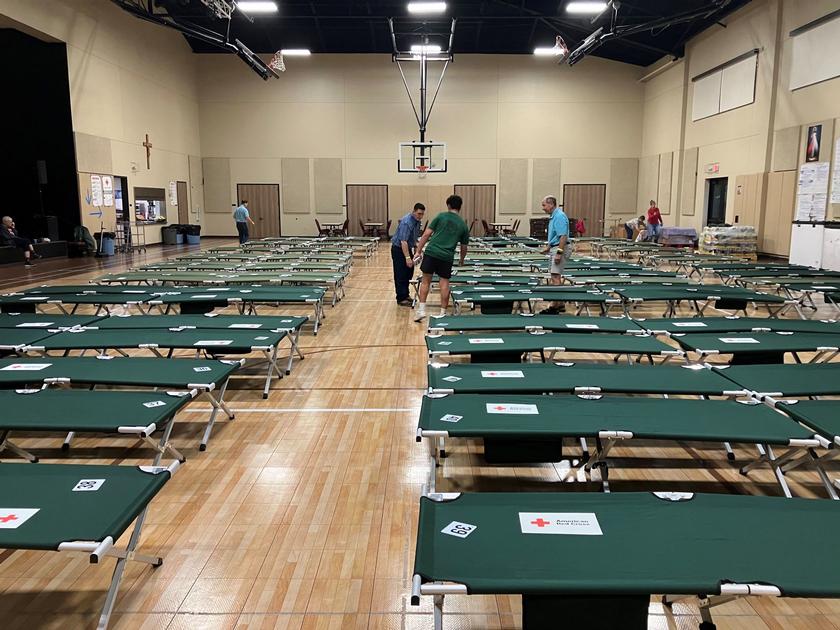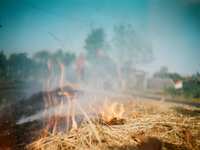- Sections :
- Crime & Public Safety
- Restaurants & Food
- Sports
- More
Red Cross prepares for more potential flooding in southeastern Texas
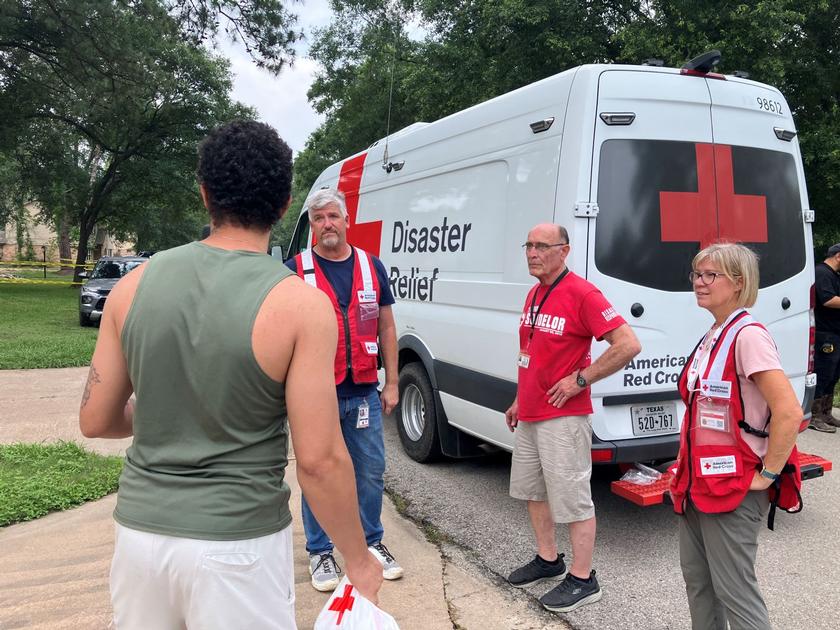
THE WOODLANDS, TX – Floodwaters are still standing in parts of southeastern Texas where flooding damaged homes in the greater Houston area. With more rain in the forecast, the Texas Gulf Coast American Red Cross encourages Texans to make sure they are staying weather aware.
Trained Red Cross disaster workers and partners are providing shelter, meals and snacks, health services and relief supplies.
- Five Overnight Shelters Currently Open
- More than 1,437 overnight stays for more than 405 residents in 15 emergency shelters
- More than 11,246 Meals and Snacks served with the help of partners.
- More than 12,929 emergency supplies such as rakes, tarps, and cleanup kits distributed to more than 825 households.
- More than 210 Trained Red Cross Disaster Workers on the ground
- Preliminary Damage Reports indicate more than 928 total assessments have been done.
- More than 359 homes have suffered major damage or been destroyed as of May 13
- Damage Assessments are continuing in Montgomery, Liberty, Harris, Trinity, and Walker counties.
If you have been affected by the flooding and are not currently staying at one of our Red Cross shelters and need assistance, please call 1-800-Red-Cross. To find an open shelter, go to redcross.org/shelter.
Disasters like this can cause lots or stress and anguish on those experiencing them. If you are in distress and need support, you can contact the Disaster Distress Helpline for free if you need to talk to someone. Call or text 1-800-985-5990.
How Can You Stay Safe After a Flood?
Prevent Injuries
- Understand the dangers you may face and keep your loved ones safe.
- If you evacuated, wait for officials to say it is safe before going home.
- Avoid fallen power lines, poles, and wires. They can electrocute you.
- Watch out for falling trees and other debris.
- Use flashlights or battery-powered lanterns, rather than candles, to reduce fire risk.
- Many injuries happen during cleanup. Wear protective equipment, like boots, long pants, work gloves, eyewear, and an N95 respirator to protect your lungs. Follow the advice of local public health officials.
- Learn how to use equipment safely. Do not touch electrical equipment if it is wet or if you are standing in water because you could get electrocuted.
- Cleaning up is a big job. Take care of yourself. Work with a partner and take frequent breaks.
Protect Your Health
- Flooding can contaminate drinking water. Check with your local public health department about drinking water safety.
- Don’t get sick from eating spoiled food. Throw out food that got wet or warm. When in doubt, throw it out!
- Stay away from floodwaters. They may contain sewage, sharp items, and chemicals that can make you ill.
- If your home was flooded:
- If possible, dry your home and everything in it as quickly as you can within 24 to 48 hours.
- If you cannot return to dry your home within 24 to 48 hours, you should assume you have mold growth. When it is safe to return home, completely dry everything, clean up the mold and make sure you don’t still have a moisture problem.
- Keep wet areas well-ventilated. Throw away wet materials that can’t be repaired or dried.
- Prevent carbon monoxide poisoning. Gasoline, propane, natural gas, or charcoal-burning devices should never be used inside a home, basement, garage, tent, or camper – or even outside near an open window. Carbon monoxide can’t be seen or smelled, but it can kill you fast. If you start to feel sick, dizzy, or weak, get to fresh air right away – do not delay.
Take Care of Yourself
- It's normal to have a lot of bad feelings, stress, or anxiety.
- Eat healthy food and get enough sleep to help you deal with stress.
How to help
We know people are generous and want to do everything they can to help after a disaster. Our first priority is to provide shelter and support to those affected, and financial donations are the quickest and best way to get help to those who need it most. Your financial donation to the Red Cross helps provide shelter, meals, relief supplies, emotional support, recovery planning and other assistance during disasters like this. Visit redcross.org/donate to make a donation or text REDCROSS to 90999 to make a $10 donation to support disaster relief.

